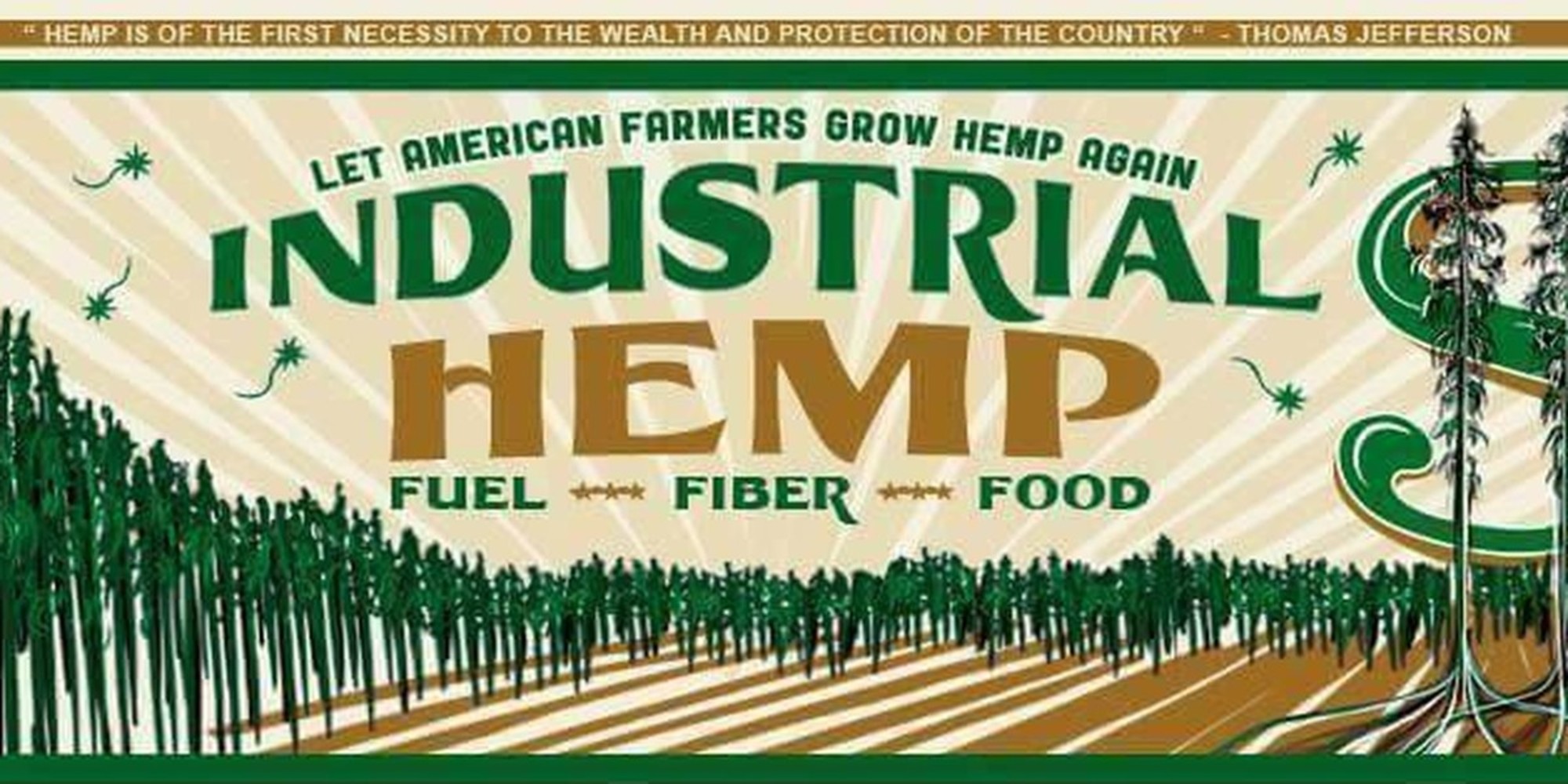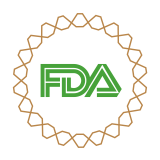
The US federal government subsidized hemp during the Second World War and U.S. farmers grew about a million acres of hemp as part of that program.
Hemp can be grown organically. Only eight, out of about one hundred known pests, cause problems, and hemp is most often grown without herbicides, fungicides or pesticides. Hemp is also a natural weed suppressor due to fast growth of the canopy.
Hemp produces more pulp per acre than timber on a sustainable basis, and can be used for every quality of paper. Hemp paper manufacturing can reduce wastewater contamination. Hemp's low lignin content reduces the need for acids used in pulping, and its creamy color lends itself to environmentally-friendly bleaching instead of harsh chlorine compounds. Less bleaching results in less dioxin and fewer chemical by-products.
Hemp fiber paper resists decomposition, and does not yellow with age when an acid-free process is used. Hemp paper more than 1,500 years old has been found. Hemp paper can also be recycled more times than wood-based paper.
Hemp can be grown organically. Only eight, out of about one hundred known pests, cause problems, and hemp is most often grown without herbicides, fungicides or pesticides. Hemp is also a natural weed suppressor due to fast growth of the canopy.
Hemp produces more pulp per acre than timber on a sustainable basis, and can be used for every quality of paper. Hemp paper manufacturing can reduce wastewater contamination. Hemp's low lignin content reduces the need for acids used in pulping, and its creamy color lends itself to environmentally-friendly bleaching instead of harsh chlorine compounds. Less bleaching results in less dioxin and fewer chemical by-products.
Kimberly-Clark (a Fortune 500 company) has a mill in France which produces hemp paper preferred for bibles and cigarette paper because it lasts a long time and doesn’t yellow.
Fabrics made of at least fifty percent hemp block the sun’s harmful UV rays more effectively than other fabrics.
All schoolbooks were made from hemp or flax paper until the 1880s.
It was legal to pay taxes with hemp in America from 1631 until the early 1800s.
George Washington, Thomas Jefferson and other founding fathers grew hemp. Washington and Jefferson Diaries. Jefferson smuggled hemp seeds from China to France then to America.
Benjamin Franklin owned one of the first paper mills in America, and it processed hemp.
Washington grew hemp?!
Presidents Washington and Jefferson both grew hemp. Americans were legally bound to grow hemp during the Colonial Era and Early Republic.
Because of its importance for sails (the word canvass is rooted from the word "cannabis") and rope for ships hemp was a required crop in the American Colonies.
Refusing to grow hemp in the 17th and 18th Centuries was against the law! You could be jailed in Virginia for refusing to grow hemp from 1763 to 1769 (G.M. Herdon. Hemp in Colonial Virginia)
Hempcars
Henry Ford's first Model-T was built to run on hemp gasoline and the car itself was constructed from HEMP! The car, "Grown from the soil" had plastic panels made from a misture of 70% cellulose fibers from hemp whose impact strength was 10 times stronger than steel at two-thirds the weight. Alcohol prohibition prevented Ford from powering his fleet with "plant power." We popularly think that ethanol and biodiesel "flex fuel" systems are all very cutting edge, but biofuel development is not a new science. In the 1930's, Ford was hard at work in the asternative fuels sector and in 1941, he constructed a hemp fueled and hemp-bodied prototype car.






